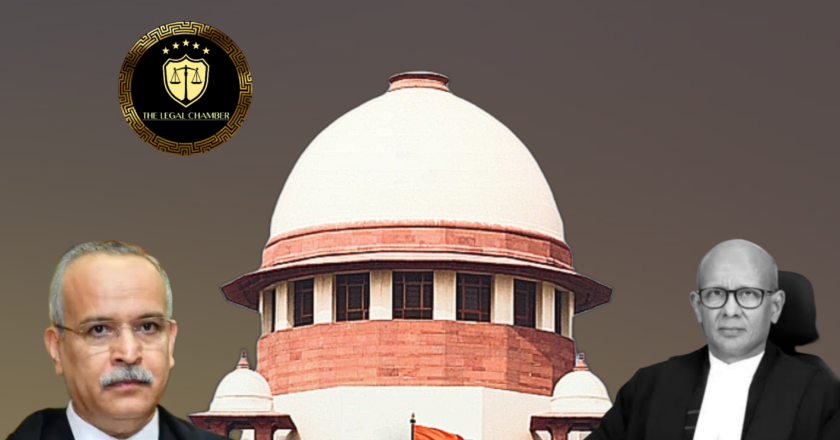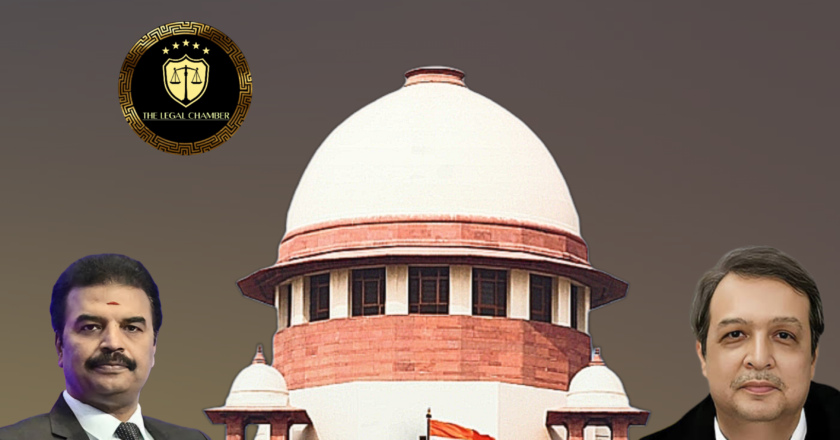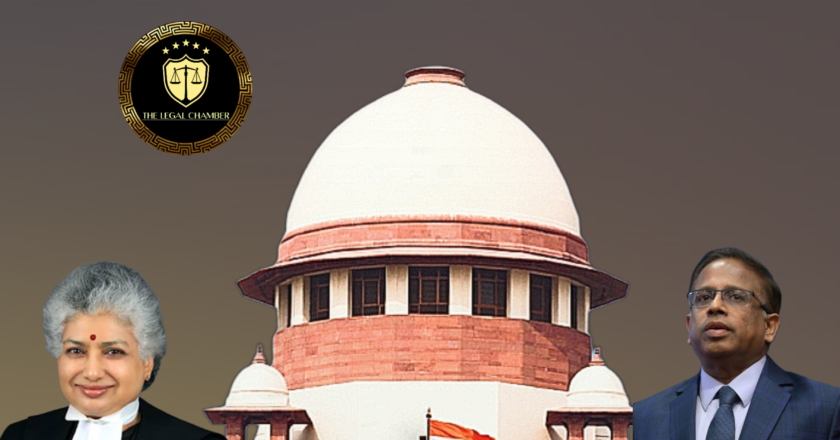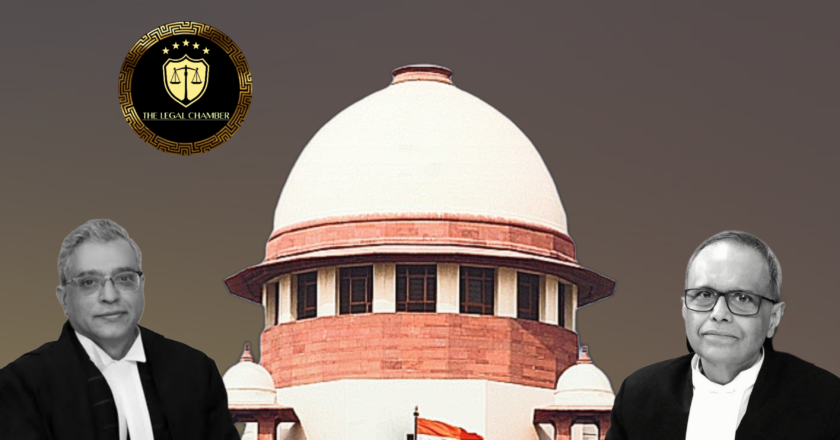Supreme Court Ruling : Businesses Take Note ,Email Exchanges Can Create a Binding Arbitration Agreement
This Supreme Court judgment reaffirms that a valid arbitration agreement can be constituted through conduct and correspondence, without a signed contract. The Supreme Court held that if parties have demonstrably acted upon the terms of an unsigned agreement, they are bound by its arbitration clause, and a referral court need only conduct a prima facie review of the agreement's existence.
Facts Of The Case:
The dispute arose from a proposed contract for the sale of 6,000 metric tons of zinc metal between Glencore International AG (Appellant) and Shree Ganesh Metals (Respondent No.1). The terms were negotiated via email, and Glencore sent a formal contract (No. 061-16-12115-S) incorporating an arbitration clause, which it signed. The Respondent, however, never signed this document. Despite...




